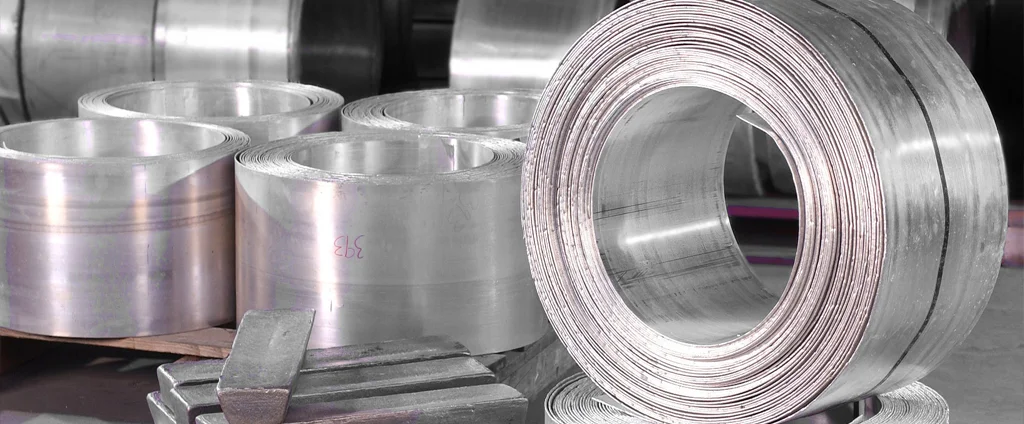Magnesium AZ31C-F (UNS M11312)

Magnesium AZ31C-F is a lightweight magnesium alloy recognized for its high strength-to-weight ratio, corrosion resistance, and excellent machinability. Commonly used in aerospace, automotive, and electronics industries, it provides an ideal balance of performance and manufacturability for weight-critical components.
| Chemical Composition | ||
|---|---|---|
| Element | Min | Max |
| Magnesium | —— | Remainder |
| Aluminum | 2.4% | 3.6% |
| Copper | —— | 0.1% |
| Manganese | 0.15% | —— |
| Nickel | —— | 0.03% |
| Silicon | —— | 0.1% |
| Zinc | 0.5% | 1.5% |
The following table provides a list of magnesium AZ31C-F properties in both SI and US customary/Imperial units.
Click on the button to switch between Metric and Imperial units.
| Physical Properties | Metric |
|---|---|
| Density | 1770 kg/m3 |
| Mechanical Properties | Metric |
| Tensile Strength (Ultimate) | 260 MPa |
| Tensile Strength (Yield) | 200 MPa |
| Compressive Strength (Yield) | 97 MPa |
| Bearing Strength (Ultimate) | 385 MPa |
| Bearing Strength (Yield) | 230 MPa |
| Shear Strength | 130 MPa |
| Young’s Modulus (E) | 45 GPa |
| Shear Modulus (G) | 17 GPa |
| Elongation at Break in 50 mm | 15% |
| Poisson’s Ratio (ν) | 0.35 |
| Brinell Hardness 500 kg load, 10 mm ball | 49 |
| Charpy Impact V-notch | 4.30 J |
| Thermal Properties | Metric |
| Melting Point | 605 - 630 °C |
| Solidus | 605 °C |
| Liquidus | 630 °C |
| Thermal Conductivity | 96 W/m·K |
| Specific Heat Capacity (Cp) | 1000 J/kg·K |
| Coefficient of Thermal Expansion (αL) | 26.0 1/°C |
| Heat of Fusion | 340 J/g |
| Electrical Properties | Metric |
| Electrical Resistivity | 9.20×10-6 Ω·cm |
The values in this table are approximate and can vary depending on various factors such as the specific manufacturing process and heat treatment applied to the alloy.
Advantages & Disadvantages of Magnesium AZ31C-F
| Advantages | Disadvantages |
|---|---|
| High strength-to-weight ratio | Corrosion susceptibility |
| Good formability | Limited temperature resistance |
| Excellent damping capacity | Lower strength compared to some other structural alloys |
| Good impact resistance | Higher cost compared to some other alloys |
Applications of Magnesium AZ31C-F
AZ31C-F is used across multiple industries where lightweight, strong, and corrosion-resistant materials are essential, including:
- Aerospace: Used in components such as aircraft interiors, seat frames, brackets, and lightweight structural parts.
- Automotive: Utilized for lightweight parts, including engine components, transmission cases, steering wheels, instrument panels, and door frames.
- Electronics: Employed in devices such as laptops, tablets, smartphones, and cameras for casings, frames, and structural components.
- Sporting Goods: Found in products like golf club heads, tennis racquets, and bicycle frames to improve maneuverability and performance.
- Medical Equipment: Suitable for devices such as orthopedic implants, surgical instruments, and braces due to its biocompatibility and light weight.
- Consumer Goods: Applied in items like hand tools, luggage frames, and camping gear for their durability and reduced weight.
- Defense and Military: Used in lightweight armor plates, weapon components, and military vehicle parts for strength without excess weight.
